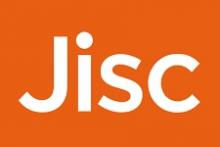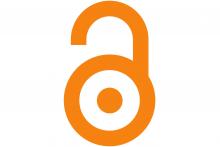Open access needs to be equitable

There is no easy answer, but some routes through the maze are becoming visible, writes Tasha Mellins-Cohen
In Issue 111 of Research Information, Steven Inchoombe argued that 'we are on the threshold of an accelerated transition to OA publishing'.
I doubt many would argue with that statement, or with the desirability of a transition to open access (OA). That said, there is a clear need for funders, publishers and institutions in high-income countries to consider the implications of this move on less well-funded researchers and institutions.
Consider ‘read and publish’-type transformative deals: for some the fees are simply too high – the recently announced deal between Springer Nature and the Max Planck Digital Library, offering OA in Nature-branded journals for a base fee of €9,500 per article, is far beyond the reach of many institutions even in high-income countries. For others, a cap on the number of OA articles brings with it a need to either cherry-pick authors to maximise the impact and influence of the institution’s research, or create a system that requires authors to time their submissions carefully to avoid being published behind a paywall (the recent suspension of the Wiley / Jisc deal springs to mind).
While not a panacea, the cost-neutral models created and piloted by members of the Society Publishers’ Coalition offer a glimpse of a more equitable option for institutions with funds to transition.
Even these, however, will not work for everyone. Today more than 10,000 institutions in low- and low-middle income countries can access paywalled research from around 180 publishers through the Research4Life initiative, either for free or at a nominal cost, and in most if not all paywalled journals there is no fee for publication. In an entirely OA world, could and would publishers subsidise entire regions of the world in this way? Or would we find that read fees have been replaced by even higher publish fees?
We face a fundamentally inequitable scenario in which researchers are forced to choose a publication venue based not on the nature of their work, but their funding status. In that world the persistent ‘logic’ of our prestige economy – notwithstanding the excellent work done by DORA signatories – would create an academic underclass of authors locked out of fee-taking, high-profile journals due to lack of funds. There is no easy answer, but some routes through the maze are becoming visible:
- Publishers must do more to ensure their OA models are accessible to funders and institutions in low- and low-middle income countries;
- Funders in high-income countries need to consider the effects of their mandates on the rest of the world;
- Institutions should consider researchers without grant funding when creating local OA mandates; and
- All parties ought to engage with initiatives like AmeliCA that are creating new infrastructures to facilitate open scholarship, with no paywalls and no author fees.
We have made real progress towards OA in recent years. Let’s work together to make sure we don’t leave anyone behind as we continue the journey.
Tasha Mellins-Cohen is founder and director at Mellins-Cohen Consulting










